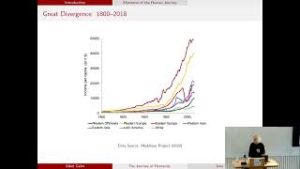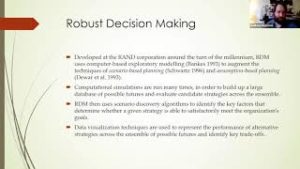The Global Priorities Institute is an interdisciplinary research centre at the University of Oxford.
Our aim is to conduct foundational research that informs the decision-making of individuals and institutions seeking to do as much good as possible. We use the tools of multiple academic disciplines, especially philosophy, economics and psychology, to explore the issues at stake.
We prioritise projects whose contributions are unlikely to be otherwise made by the normal run of academic research, and that speak directly to the most crucial considerations such an actor must confront.
Papers
The Shutdown Problem: An AI Engineering Puzzle for Decision Theorists – Elliott Thornley (Global Priorities Institute, University of Oxford)
I explain and motivate the shutdown problem: the problem of designing artificial agents that (1) shut down when a shutdown button is pressed, (2) don’t try to prevent or cause the pressing of the shutdown button, and (3) otherwise pursue goals competently. I prove three theorems that make the difficulty precise. These theorems suggest that agents satisfying some innocuous-seeming conditions will often try to prevent or cause the pressing of the shutdown button, even in cases where it’s costly to do so. I end by noting that…
Read MoreInput to UN Interim Report on Governing AI for Humanity
This document was written by Bradford Saad, with assistance from Andreas Mogensen and Jeff Sebo. Jakob Lohmar provided valuable research assistance. The document benefited from discussion with or feedback from Frankie Andersen-Wood, Adam Bales, Ondrej Bajgar, Thomas Houlden, Jojo Lee, Toby Ord, Teruji Thomas, Elliot Thornley and Eva Vivalt.
Read MoreAI takeover and human disempowerment – Adam Bales (Global Priorities Institute, University of Oxford)
Some take seriously the possibility of AI takeover, where AI systems seize power in a way that leads to human disempowerment. Assessing the likelihood of takeover requires answering empirical questions about the future of AI technologies and the context in which AI will operate. In many cases, philosophers are poorly placed to answer these questions. However, some prior questions are more amenable to philosophical techniques. What does it mean to speak of AI empowerment and human disempowerment? …
Read More





